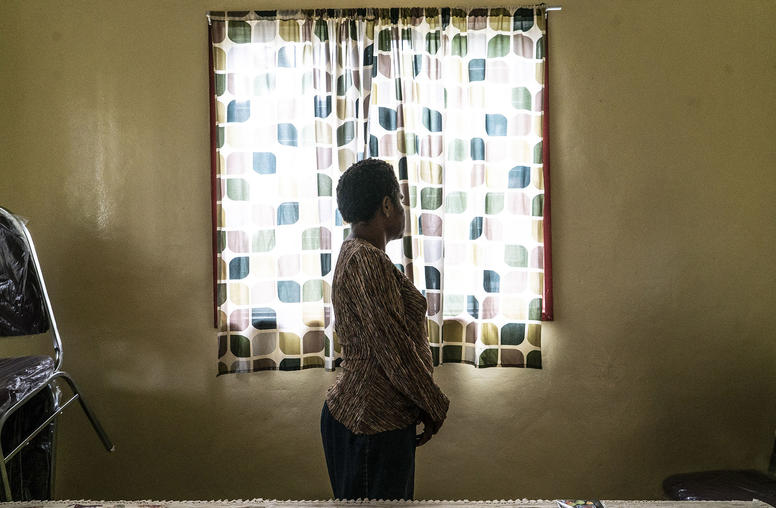Ending Sexual Violence: From Policy to Practice
Addressing Gender Inequality Can Lead to Progress
The 2018 Nobel Peace Prize—awarded to Nadia Murad and Denis Mukwege for their efforts to end the use of sexual violence as a weapon of war—recognizes the critical work taking place globally to prevent and end the use of sexual violence in violent conflicts. Used as a weapon of war against women, men, boys and girls, 19 countries have documented this form of violence in 2016 alone. Efforts to prevent the use of sexual violence in conflict have focused on ending impunity for the perpetrators of these crimes—but progress to date has been limited. New approaches are needed that address and prevent the root causes of this violence before it significantly undermines security and tears apart the fabric of a community.
Sexual violence is not only a crime against humanity, but it hinders reintegration and peacebuilding processes in post-conflict environments. The work of Murad and Mukwege reveals that to end sexual violence it is necessary for policy and practice to work in tandem to change legal accountability while simultaneously implementing programs that address gender inequality.
Over the last two decades, policy frameworks like the Women, Peace and Security agenda, provide a valuable platform for advocacy efforts. Yet such approaches do not tackle the underlying issue of gender inequality. As researchers have documented, where there is less gender equality there is less peace.
The U.S. Civil Society Working Group on Women, Peace and Security and the U.S. Institute of Peace hosted this discussion examining how policies and programs can be shaped to better prevent the use of sexual violence and re-establish secure environments when it does occur. Take part in the conversation on Twitter with #HearMeToo.
Speakers
Jackson Katz, keynote remarks
Co-Founder, Mentors in Violence Prevention
Amanda Blair
Program Officer, Learning, Evaluation and Research Team, U.S. Institute of Peace
Anjali Dayal
Assistant Professor, Fordham University
Anthony Keedi
Gender Specialist, ABAAD: Resource Center for Gender Equality



